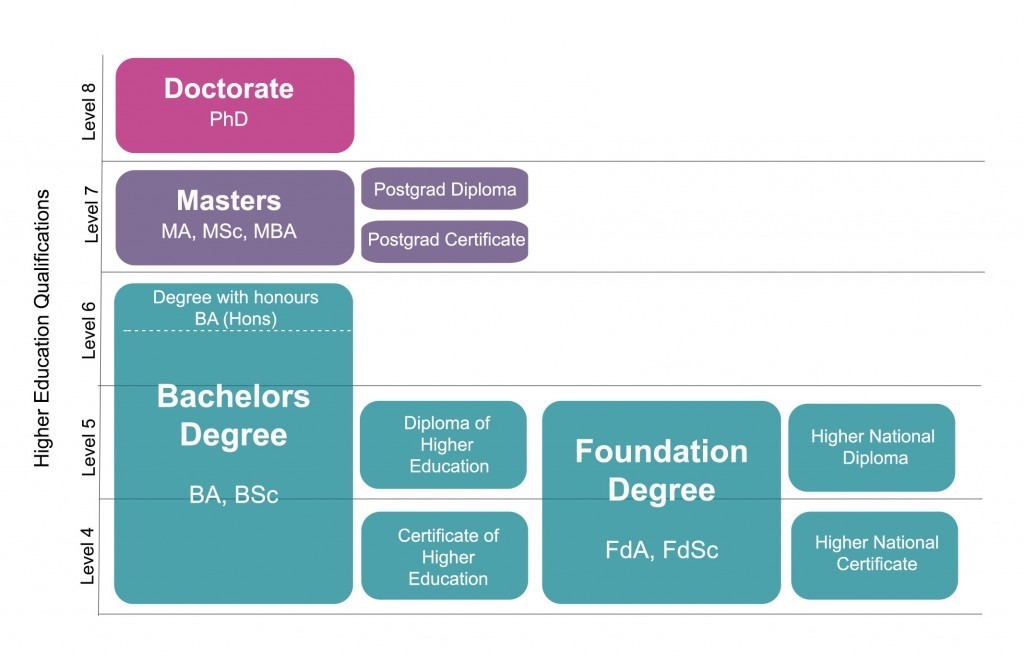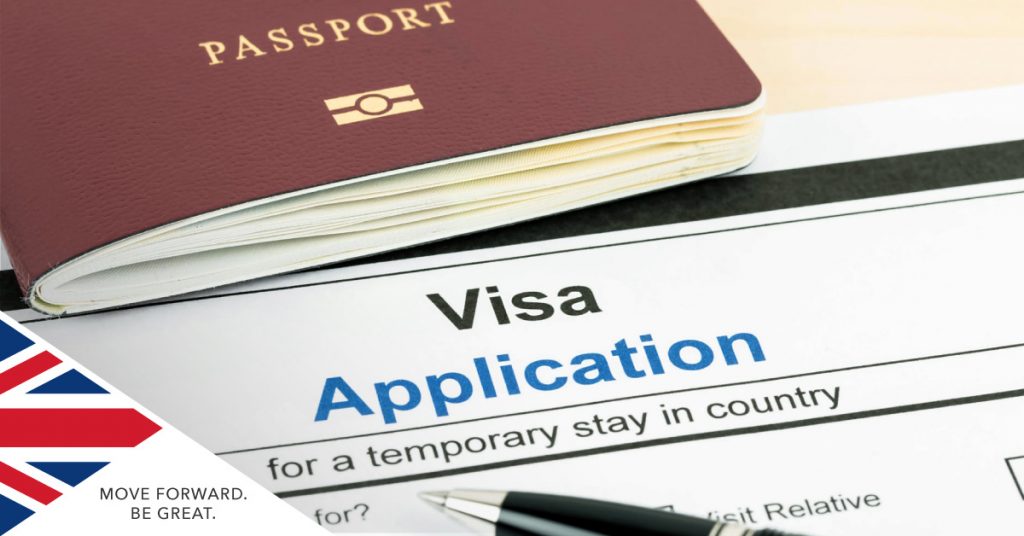
Studying in the UK | UK Academics and Degrees

▌COLUMN EDITOR
Suzanna Brown
With years of experience in international education, up to date knowledge of UK admission trends, native English speaker, and receiver of the British Council’s “Educational Consultant Qualification” Suzanna is committed to helping students carry out a comprehensive plan for successful studying in the UK.
▌This Week’s Subject
“What you need to know about the UK education system”
Many students are more willing to choose to study in the UK, and the British undergraduate education system has greatly promoted it. For example, the British undergraduate system is shorter than the domestic one, saving valuable time.

▌Core content ——
In this issue, let’s take a deeper look at the characteristics of the UK undergraduate curriculum. How long does it take to study undergraduate in the UK? What type of degree will I end up with?

▌Q & A
1# Why are British graduates so popular?
The UK degree program incorporates the latest academic developments, thanks to institutional research, scholarships and close collaboration with industry and commerce. As a result, British graduates possess cutting-edge knowledge and practical experience and outstanding employee performance, which also provides them with workplace competitiveness and is highly valued by employers.
#2 I have heard that the teaching methods in the UK are very different from those in China. So how do British universities teach?
Most undergraduate courses have a “modular” structure, and each course covered by all majors is called Module. In some undergraduate majors, the course unit may be fixed; in addition to core courses of study, students can choose others from the study plan so that they can focus on their interests and expertise for their future career or future graduate study plan . Each course module has its own assessment method.
During undergraduate courses, you can study at our school, or you can choose to intersperse the following arrangements:
- “Study abroad Experiences”, such as living and studying in another country for one year or less as part of a wider exchange program
- Overseas exchange, study at overseas partner universities or overseas branches
- Work internships
- “Sandwich course”. Students study in the school for two years and enter an industry internship in their third year. Students can choose an internship in a British company. The company will pay a full salary to the student. These courses can not only give a deep understanding of the industry during studies but also provide a little extra money to supplement the costs of studying.
#3 What are the entry requirements for applying for a UK undergraduate course?
Academic skills
The entry requirements for each undergraduate program are listed on the university or college official website, and you can also search on websites such as UCAS. This information is set by the course provider and the school. It considers the student’s high school diploma, high school subjects, and test scores.
English language ability
The requirements for undergraduate studies are strict. Students must meet both language and academic skills. The university’s official website will display the requirements for English language level. Not all courses are the same.
Students must meet the UK standards required by the Home Office for student visas. However, universities in the UK and the Home Office have different standards, and universities usually require students to have higher English proficiency. This is to enable students to make the most of their college study experience. Different universities, sometimes even different departments, require different language proficiency scores, and courses such as medicine and law usually score higher.
Non-academic
In addition to meeting academic requirements, students’ overall adaptability to the curriculum will also be considered. Course descriptions often mention other skills, interests or experiences, which is also a good thing. Undergraduate applications are highly competitive and students should be aware of these additional bonus points. When applying for an undergraduate degree, students must consider non-academic and academic requirements.
In the UCAS UK undergraduate application system, this can be used to demonstrate student learning skills, English language ability and non-academic performance through personal statements. Institutions usually look forward to seeing students demonstrate their application motivations, and explain why they think the course is right for them. Evidence of prior interest or participation in activities related to the research topic will increase the chances of applicants being accepted.
4# What is the difference between the undergraduate system of a British university and that of China?
The undergraduate degree in China is generally four years, while the British undergraduate system has varied timelines.
Both honor degrees and regular bachelor’s degrees require only three years.
In Scotland, students can get an ordinary degree in 3 years. To get a 4-year degree, they need to take another year of courses.
Some degrees take longer (eg medicine, architecture, dentistry).
Foreign language majors include one year of study time in the country where the student is studying. The degree of language immersion will be higher than the standard degree.
Many college courses now require students to spend a certain amount of time studying abroad. The longest time it takes is one year. Many students’ courses become four years. The specific situation depends on the college you are applying to.
#5 How many semesters does a British university have? What are the start time and vacation times?
In the UK, the standard school year starts in September or October and lasts until June or July. However, some courses are more flexible and offer a range of admission times.
#6 What are the degrees offered by most UK universities?
Undergraduate degrees are awarded for academic research at the higher education level and are designed to provide students with a thorough understanding of the subject. The name of a UK undergraduate degree depends on the discipline you are studying and the university that awards the degree. There are several types of degrees:
- Bachelor of Arts (BA): Bachelor of Arts
- Bachelor of Business Administration (BBA): Bachelor of Business Administration
- Bachelor of Education (BEd): Bachelor of Education
- Bachelor of Science (BSc): Bachelor of Science
- Bachelor of Engineering (BEng): Bachelor of Engineering
- Bachelor of Laws (LLB): Bachelor of Laws
- Bachelor of Medicine (MB): Bachelor of Medicine
- Bachelor of Music (BMus): Bachelor of Music
#7 A Master of Engineering degree takes 4 years to complete. Are these 4 years continuous study?
- In Scotland, the oldest universities (University of St Andrews, University of Edinburgh, University of Glasgow and University of Aberdeen) and the University of Dundee bachelor of arts are either masters or masters of art. Master’s degrees from all other colleges and universities are graduate degrees. These changes are based on tradition.
- There are many four-year undergraduate and continuous courses. MEng (Master of Engineering) is becoming more common in England, Wales and Northern Ireland and requires four years of study. The last two years are different from the three-year BEng Engineering degree. More and more other disciplines also provide similar learning models, such as MPhys in physics, MChem in chemistry, MEcon in economics, and MSc in science.
After reading today’s article, we hope you have a new understanding of the academic system and degrees of British universities. To find out what qualifications British universities offer, students can obtain relevant information on the university’s official website, or you can consult a CURIO counselor.

In general, although the British semester system is short, it does not mean that you will learn less than other countries. If you want to apply for an undergraduate course in a prestigious school, then you must improve your studies in high school. You need to understand your interests in studying, determine your professional direction and intended school, and prepare your application in a targeted manner.
Follow us on WeChat







